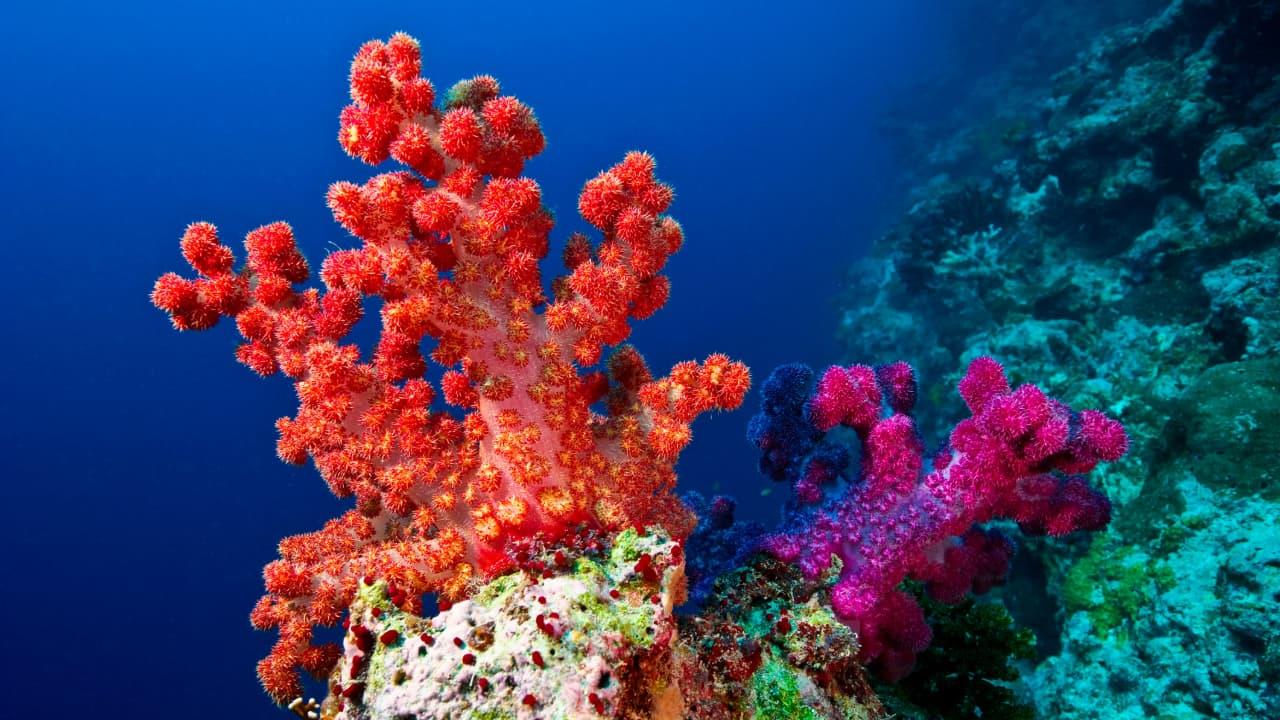
Coral Reefs Reach Climate Tipping Point, Threatening Global Ecosystems
Coral reefs around the world are collapsing due to rising temperatures. A recent report warns that this marks the beginning of several dangerous climate tipping point that could cause serious harm to people and the planet unless we take quick action. The report, called the Global Tipping Points Report, was led by the University of Exeter and includes contributions from 160 scientists from 87 institutions across 23 countries.
Climate Tipping Points
It shows that warm-water coral reefs, which are vital for marine life and support nearly a billion people worldwide, have now passed their breaking point. Large-scale coral die-offs are happening, and unless the planet cools down, most coral reefs will disappear. Only small areas might survive, and those must be protected.
Tipping points are moments when a system, like a rainforest or ice sheet, gets pushed past a limit, leading to large and often irreversible changes. Once this happens, it is extremely hard, or even impossible, to return to the previous state. According to the report, we are nearing other major tipping points such as: major polar ice melting, collapse of important ocean currents, and dieback of the Amazon rainforest. These changes could be devastating, causing rising sea levels, extreme weather, and widespread issues with food and water supply.
Coral Reef Collapse
World leaders previously aimed to keep global warming below 1.5°C. But we are heading above this limit, at least temporarily. The report highlights that even small increases in temperature have serious consequences. The longer we stay above 1.5°C, the higher the risk of crossing other dangerous tipping points.
The report urges immediate and strong actions including: reducing greenhouse gas emissions, scaling greenhouse gas emissions, preventing more tipping points, and supporting those already affected by climate change. Despite the challenges, there's also hope. Scientists say we can create“positive tipping points,” moments when progress towards a better future starts to accelerate on its own.
Global Risks
Examples of this are already happening:
. Solar and wind energy are growing fast
. Electric vehicles and heat pumps are becoming more common
. Public concern about climate change is increasing
These changes can help each other, making clean technologies more affordable and replacing polluting ones permanently.
Brazil is hosting the upcoming COP30 climate summit in 2025. The country is working with the report's authors to focus on tipping points at the talks. Professor Tim Lenton from the University of Exeter says we are moving towards dangerous tipping points, but there is still time to act.
Dr Mike Barrett from WWF-UK added that losing coral reefs is a tragedy for nature and for millions of people who rely on them. He warned that without action, we could also lose the Amazon rainforest, ice sheets, and ocean currents.
The report highlights how close we are to major changes:
. Coral reefs: Already experiencing mass die-offs. Even if warming stops at 1.5°C, over 99% of warm-water coral reefs are expected to collapse. We must act quickly to reduce other pressures like overfishing and pollution to protect what's left.
. Amazon rainforest: Could begin to die off at 1.5°C warming, earlier than previously thought. But there's hope, local communities, especially Indigenous peoples, can protect and restore it with the right support.
. Ocean currents: A major current system in the Atlantic (called AMOC) could collapse before we hit 2°C warming. This would lead to severe winters in Europe, disrupt rainfall in Africa and Asia, and harm global food production.
Climate Plans
The report calls on countries to:
. Include tipping points in climate plans and risk assessments
. Invest in nature restoration and sustainable industries
. Make clean technologies cheaper and more accessible
. Work together across borders to share solutions
The COP30 Presidency has launched a global initiative called "Mutirão," meaning collective effort, to bring together governments, scientists, communities, and businesses around climate solutions.
Professor Lenton says we are at a crossroads. With strong leadership and public support, the world can shift from a path of destruction to one of hope. But time is short, and action must begin now.
Legal Disclaimer:
MENAFN provides the
information “as is” without warranty of any kind. We do not accept
any responsibility or liability for the accuracy, content, images,
videos, licenses, completeness, legality, or reliability of the information
contained in this article. If you have any complaints or copyright
issues related to this article, kindly contact the provider above.


















Comments
No comment